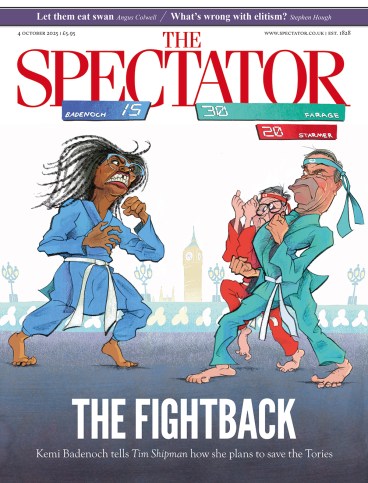
Harry Cole wrote in the Sun that ‘like the sweating hero trying to diffuse a bomb in a Hollywood movie, Sir Keir Starmer looked a little green around the gills’. For his part, the top cop Gavin Stephens said: ‘Anybody in a leadership position should think about how we can reduce and diffuse tensions.’ Or so the BBC reported. The Guardian reported that he called on them to ‘reduce and defuse tensions’.
What you do with a bomb in a Hollywood movie is to defuse it. Its fuse might be ticking away and you remove it. Tensions can be reduced by figuratively defusing them. But very often tensions and situations are said in newspapers to be diffused, as though they were a nasty gas in a room and you’d opened the window.
Diffuse for defuse often appears in papers. The Times, Sunday Times, Guardian, Independent and Telegraph have all done it too.
The problem must be that the pronunciation of defuse and diffuse is often the same, though sometimes the first syllable of defuse is pronounced like dee. So a homophone error creeps into the spelling. It is like complimentary and complementary. People get so confused with the pair that they may swear that the spelling complementary tickets is correct.
Spelling defuse as diffuse must also indicate that the metaphor is moribund and no longer recognised by the speaker or writer. The life of the metaphor hasn’t been long, as the literal verb defuse came into use only in 1943, when there was a report that ‘A group of fliers defused a 1,000-pound bomb that had jammed in the racks when their plane was flying over an Italian target’.
Diffuse is a far older word – a translation of St Paul in 1400 saying: ‘The charitee of God is diffusid in oure hertis bi the Holy Gost.’ Also deriving from the Latin diffundere was another English word at the same period, diffound or diffund. If that still survived we’d no doubt find newspapers discussing plans to ‘diffund the police’.





Comments